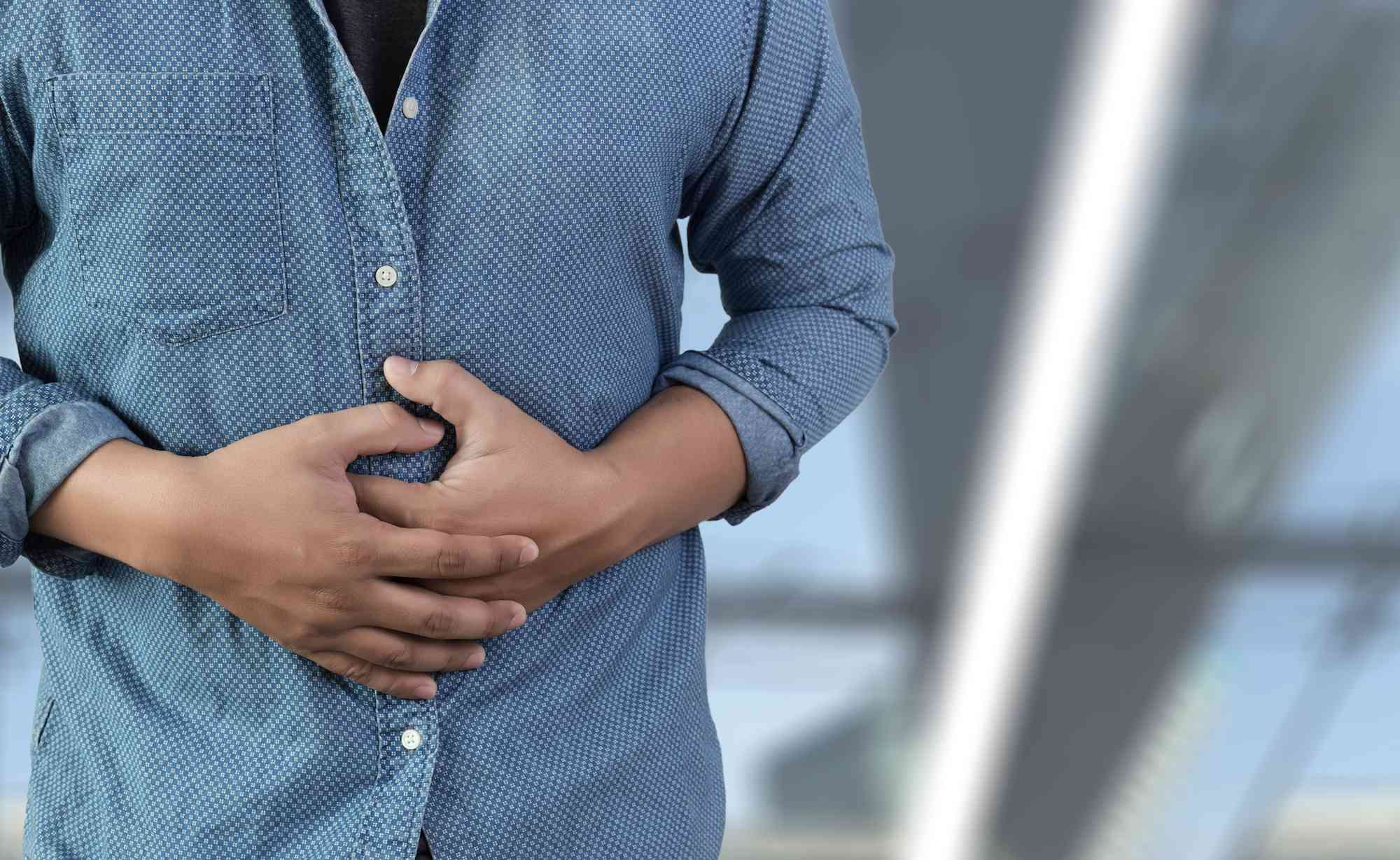What is an anal fistula?
The connection between an abscess, a pus-filled tissue, in the anus and the skin around the opening of the anus is known as an anal fistula.
Causes
Bacterial infection on the anal passage leads to pus-filled tissues known as abscesses. This infection can be treated with antibiotics. However, if it is left untreated, then it can develop into an anal fistula that can only be removed through surgery.
Clogged glands inside the anus develop abscesses. The clogging is caused due to infection or bacteria. It blocks the anal gland and the pus is collected in the cavity. If the abscesses are left untreated, most of them grow into fistulas. When passing stool, sitting or coughing, the pain in the anal passage intensifies owing to this clogging.
Some of the rare reasons for having a fistula can be health conditions that affect the bowel, tuberculosis and even sexually transmitted diseases.
Symptoms of anal fistula
An anal fistula is accompanied by the following symptoms:
- Pain in the anal passage
- Pain when sitting, coughing or passing stool
- Swelling around the anus
- Redness around the anus
- Skin irritation around the anus
- Pus or blood passing with stool
- Foul smell around the anus
- Bowel incontinence i.e. difficulty controlling bowel movement
How to deal with anal fistula pain?
Pain is one of the major symptoms to detect anal fistula. The throbbing pain often gets unbearable and you will want to know some methods to find relief:
- Pain medication: Over-the-counter pain medication is one of the basic go-to for people suffering from anorectal pain. It helps relieve pain temporarily. It should not be used as an alternative to treatment.
- Sitz bath: Sitting in warm water 3-4 times a day will help reduce the pain and it will also soften your stool. Passing hard stool will aggravate the pain. This is why it is important to focus on keeping the stool soft.
- Antibiotics: Since the root cause of the pain is an anal fistula, the use of antibiotics can cure the infection and help heal. If the fistula is in abscess form, only then this method can work. Even if it has progressed to being developed as a fistula, the antibiotics will help heal the infection but surgery will ultimately be required to cure the fistula.
- Eating food rich in fibre: Food rich in fibre eases bowel movements and prevents constipation. Eat plenty of fruits, vegetables, legumes, whole grains, etc. that are rich in fibres.
- Have laxatives: Another way to keep your bowel movement free is by taking the help of laxatives. Those who are prone to constipation must take laxatives so that it does not affect their healing after surgery.
- Practice healthy bowel habits: There are some healthy bowel habits that can be practised to ease bowel movement and have a less painful passage of stool. Visit the loo immediately when you feel the urge. Try not to sit too long at the toilet as this strains the anal muscles. Keep the anal region clean and dry after passing stool to prevent any further development of bacterial infection.
- Drink a lot of water: Staying hydrated is always good for the body. It helps flush out the toxins from the body, keeps the bowel movements clear and also promotes digestion.
- Use of cushions: The anal pain makes it difficult to sit. You can use cushions below your affected area to sit on the softer surface of the cushion. It will help you feel comfortable while sitting.
- Use of numbing ointment: Ointments that can be applied to the external area can often help reduce the pain. They numb the area so that passage of stool becomes easier. However, do not try this method without the recommendation of the doctor. Since anal fistula develops from an infection, the doctor may ask you not to use such ointments.
If you feel anal pain, it is best to visit a doctor and get yourself diagnosed for the cause of it. Pain in the anal passage is a serious symptom of anal fistula. You may have to undergo surgery to get the fistula removed.

